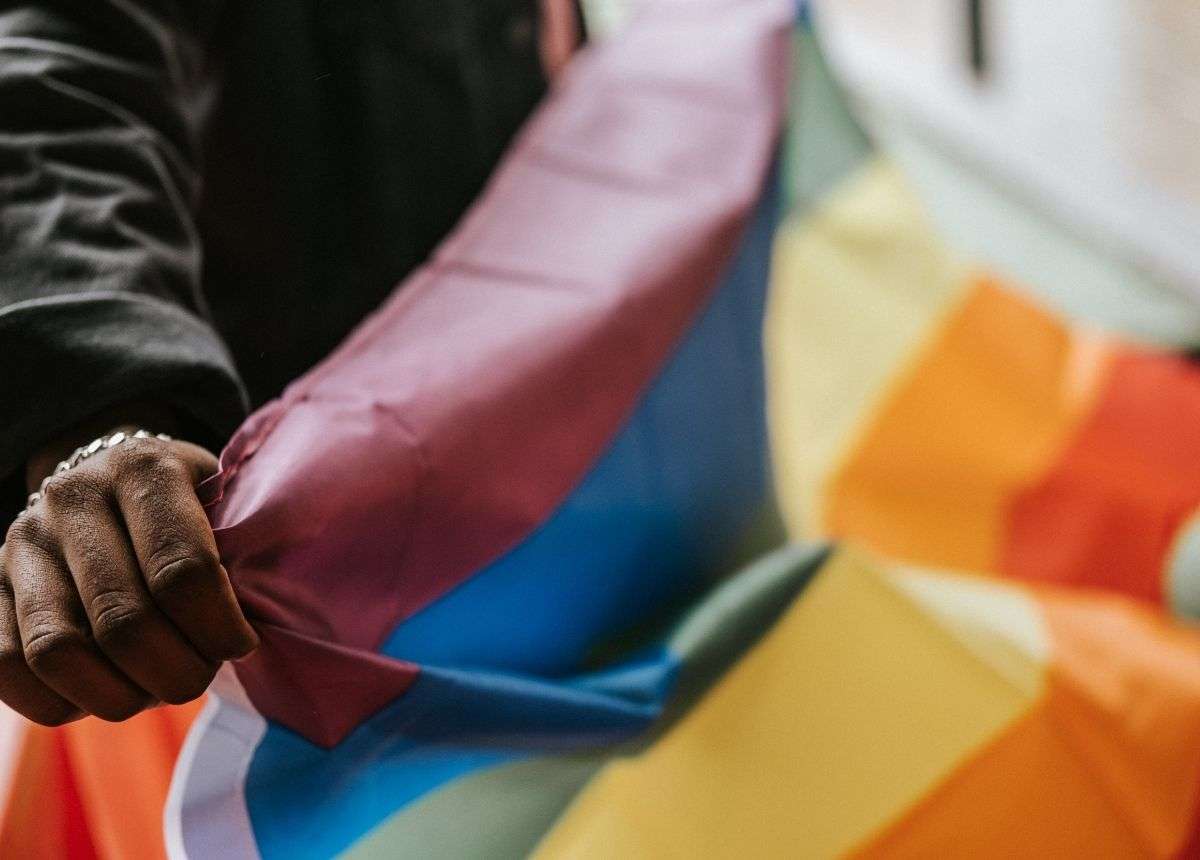The government is expected to announce on Thursday that they intend to send people who are seeking asylum in the UK to Rwanda and have their asylum claims processed there. A similar agreement with Israel resulted in most people who were transferred to Rwanda leaving, some subsequently making the dangerous journey to Europe. During that journey, people were trafficked and sold.
Last year, when Denmark passed a law providing for the offshore processing of asylum claims, outside the European Union, this was condemned by the African Union as “responsibility and burden shifting”. Despite this, this government has sought to introduce similar provisions in the Nationality and Border Bill.
The agreement means that LGBTQI+ people who have fled life-threatening situations in their home countries, and sought safety and protection from the UK, will instead be sent to a country where it is not safe for LGBTQI+ people to be open about their sexual orientation or gender identity.
There is widespread evidence of ill-treatment and abuse faced by LGBTQI+ people in Rwanda. For instance, Human Rights Watch reported last year that:
“Rwandan authorities rounded up and arbitrarily detained over a dozen gay and transgender people, sex workers, street children, and others in the months before a planned June 2021 high-profile international conference.”
“People interviewed who identified as gay or transgender said that security officials accused them of “not representing Rwandan values.” They said that other detainees beat them because of their clothes and identity. Three other detainees, who were held in the “delinquents’” room at Gikondo, confirmed that fellow detainees and guards more frequently and violently beat people they knew were gay or transgender than others.”
The situation for LGBTQI+ people in Rwanda is so poor that it is a source country for people seeking asylum in the UK based on their sexual orientation, albeit in low numbers, and Rainbow Migration has previously provided support to LGBTQI+ people from Rwanda.
Rainbow Migration has been warning for months of the risk that the Nationality and Borders Bill creates for LGBTQI+ people in particular. In relation to offshoring, the government has said that even where they consider a country to be safe, they will take specific vulnerabilities into consideration. In theory, this could act as a safeguard against LGBTQI+ people being placed into an offshoring process, however a person’s sexual orientation is already frequently and incorrectly disputed, and the Nationality and Borders Bill will make it even more difficult for a person to “prove” that they are, for example, gay.
In this context, and from our experience, we expect to see that where LGBTQI+ people do try to resist their removal to Rwanda, this government is likely to dispute that they are LGBTQI+ and will remove them anyway. We do not consider that there are adequate safeguards that can be put in place to prevent this, and we have not heard any proposals on how this government will avoid the harm that the agreement will cause to LGBTQI+ people. These proposals are actively harmful and an abdication of the UK’s responsibilities under the Refugee Convention, and they should be abandoned.

